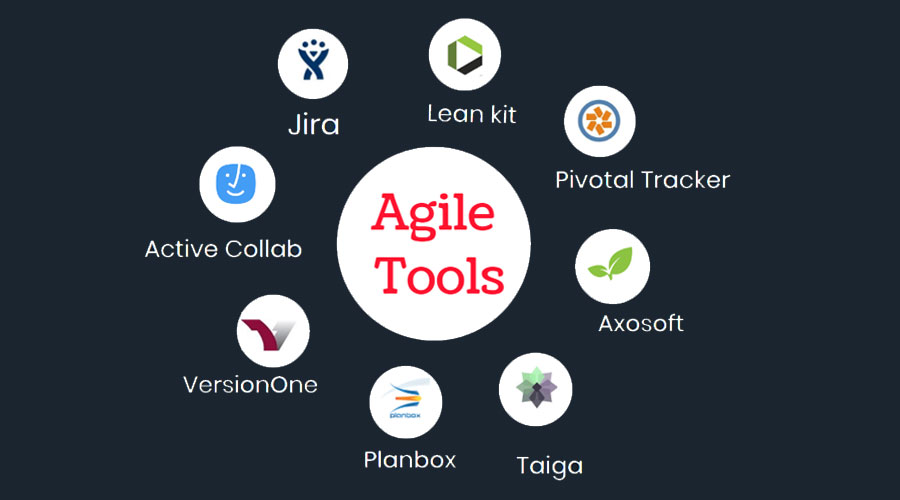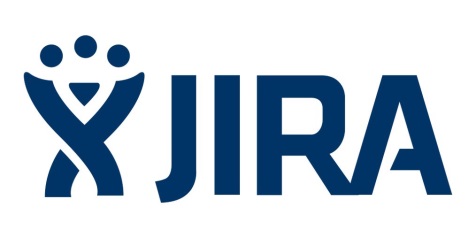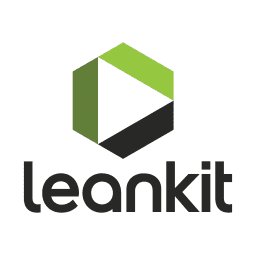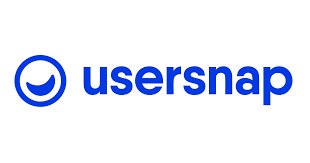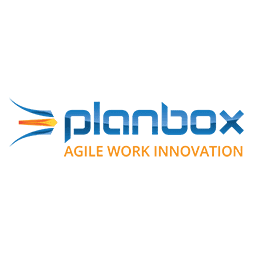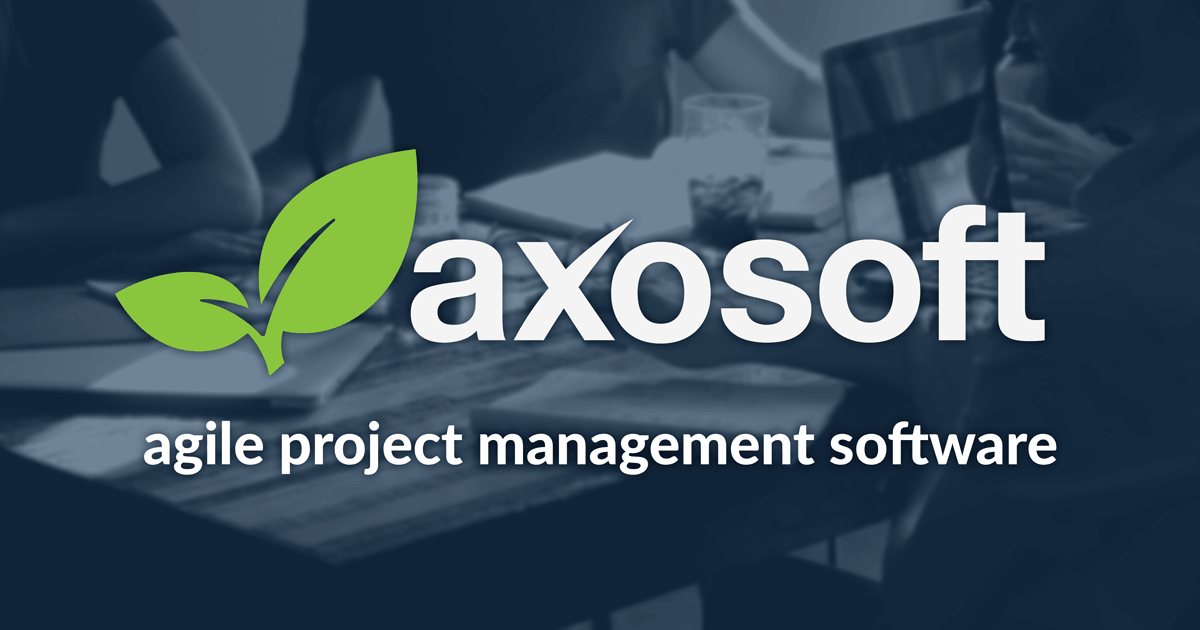Introduction to Agile Tools
Agile tools are project management tools designed to support agile methodology: Scrum, Kanban, Scrumban, or other agile hybrid methods. The dictionary defines ‘agile’ as the ability “to move quickly and easily or to think quickly and intelligently.” So we can apply this word deliberately to delineate any kind of flexible approach or activity. A similar meaning is equally appreciable when we discuss embracing changes in the project or software development method.
Agile is “a project management methodology in software development which attributes to comprehensively dividing the whole lengthy work structure into multiple smaller tasks and assigning those tasks with short and incremental phases of work, known as sprints.” The main advantage of adopting an agile methodology is to deliver the software product on time and on a budget, as well as continuous improvement and flexible responses to adopt unavoidable changes.
That is why some niche tools, which are known as agile tools, are essential to help in handling agile project management (PM) methodology. Fundamentally agile tools are designed to support an agile PM method, whether Scrum, Kanban, Scrumban or any hybrid agile method.
Essential Features of Agile Tools
Before selecting any comprehensive agile tool, evaluating business requirements and methodology is essential. The following features of agile tools may help the project manager and team members to consider the right one for their business purpose.
- Team Collaboration and Communication – The agile tool facilitates collaboration and communication among team members.
- Data Storage – An agile tool stores content in a single database, enabling cross-project reporting and analysis.
- Reporting and Analytics – The agile tools help analyze the performance and, based on their project manager, can make a report for future business success.
Various Agile Tools
Though there is a huge list of agile project management tools, here we take some popular ones to discuss elaborately.
1. Active Collab
This powerful management tool helps manage from juggling tasks to tracking time and generating bills. It provides a system-wide calendar that helps comprehend the tasks assigned to each team member. Active Collab has a strong documentation system that supports a collaborative writing tool so that each member can take part in the documentation.
Website – activecollab
2. Jira
Jira is one of the most well-known and proven products used by many companies around the globe. It is prevalent and customizable based on requirements. The Scrum Board in Jira is customizable and can be utilized to review all the tasks within the sprint. It even shows the accurate picture of the sprint with the help of a burnout chart, sprint report, velocity chart, epic report, cumulative flow diagram, etc. Jira Query Language (JQL) allows for the creation of custom filters. In addition, flexible Kanban boards deliver the maximum output with minimum effort.
Jira, a customizable project management tool, is also not out of flaws. The biggest flaw is its complex nature to use. It is only for setting up, requires developers, and it takes a long time to learn its function properly. On the other hand, Jira is a costly project management tool; even a small team must spend only a thousand dollars to acquire it.
Website – atlassian
3. Lean kit
The lean kit uses cards to show work items and the current status of the ongoing project. It is flexible enough to give space to the team members to post all the task details and user stories as virtual notes or cards. In addition, multiple team members can get the chance to work together in separate spaces with coordinating with each other. This software system allows for replicating the conference room from where all tasks related to the project begin.
Website leankit
4. Usersnap
Usersnap is the ultimate platform for product managers, web developers, designers, and whole product teams. With its intuitive interface and robust feature set, Usersnap streamlines collaboration and communication throughout the development lifecycle. Whether you follow Agile methodologies like Scrum, XP, or a hybrid approach, Usersnap provides the ideal platform for seamless teamwork, including integrations with Jira, Azure DevOps, and other product/project management tools. It offers a centralized space where team members can effortlessly collect and collate feedback, ensuring everyone is on the same page. Experience enhanced productivity and clarity in your development process with Usersnap.
Website – Usersnap
5. Pivotal Tracker
The pivotal tracker bears a group of tools to aid in agile project methodology, and it is ideal for web and mobile developers. The group of tools includes Whiteboard for project-related discussion, Project monitor for showing the status and sprout. The main feature of this software application is keeping a record of all the tasks as stories from inception to completion of the project. It provides tools to monitor each day’s task, and the team members can point out the complexity with notes.
Website – pivotaltracker
5. VersionOne
Version one is ideal for IT professionals and tech-savvy designers. The tools of this software embrace methodologies like Kanban, DAD, LeSS, and the Hybrid approach. Version one provides space for collaboration and stable communication among multiple team members who have engaged in the development process of the enterprise. So every team member can get the chance to plan initiatives and documentation accordingly.
Website – versionone
7. Planbox
Planbox provides the following features to collaborate with multiple teams work to attain a specific goal.
- Task management
- The time tracking system helps to compare the actual time taken to complete the task with the estimated time.
- Monitoring progress.
- Producing a report for stakeholders.
Planbox evaluates the progress of the burndown chart, and it also assimilates customer feedback and bug report for the utilization of users.
Website – planbox
8. Axosoft
Axosoft is scrum management software that helps to examine every step of the development process and make graph reports accordingly. The tools of Axosoft attribute progress differently. The release planner, one of the tools of Axosoft, gives a tabular view of various tasks, bugs, and user stories. The developers organize different entries, and the burndown chart represents the performance report graphically. One of the essential features of Axosoft which makes it different from others is the customer portal.
Website – axosoft
9. Taiga
Taiga is an ideal software application for content developers of various verticals. It supports Scrum and Kanban methodologies with the ability to create product backlogs with sprints and user stories. It provides video calls to team members and is very simple to implement.
Website – taiga
10. Hygger
Hugger is a perfect combination of project management tools providing easy solutions for each task, including establishing project goals and dividing them into various tasks, distributing the tasks on the Kanban board, and fixing prioritization through the Value/Effort matrix, collaborating and communicating with the team members. It provides almost all the features that are required for the completion of any kind of project.
Website – hygger
Conclusion
We can say that Agile is a highly acclaimed project management and software development methodology, and many tools are available in the market for the agile development approach. But each team of a different enterprise has a different vision and product requirement, so exploring the features of available agile tools is essential before choosing any particular one to keep the team productive.
Recommended Articles
This has been a guide to Agile Tools. Here we discussed the Concept, Essential Features, and Various Types of Tools of Agile. You can also go through our other Suggested Articles to learn more –

